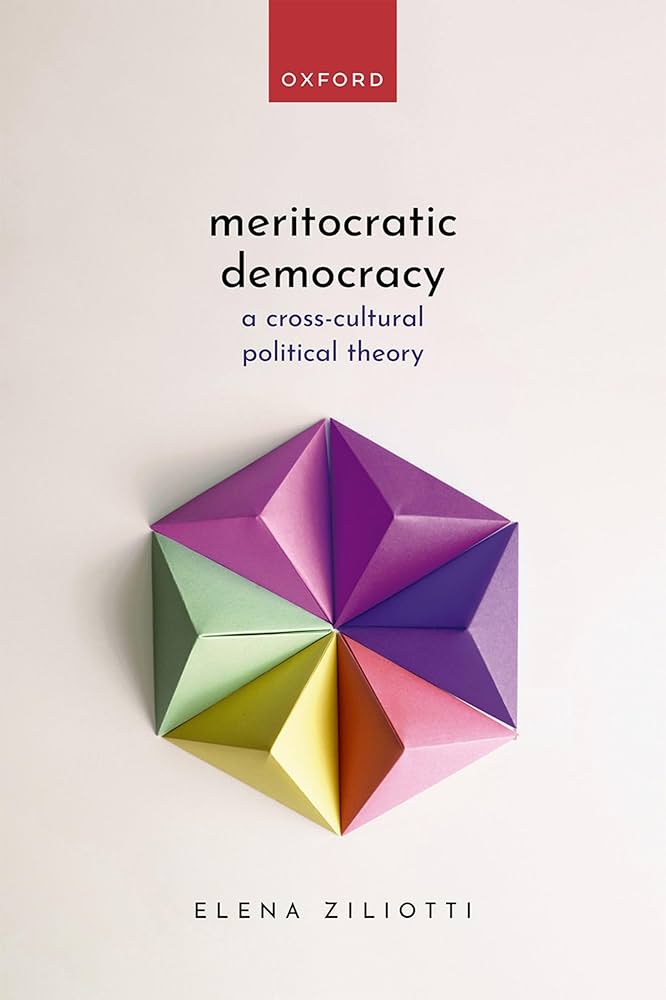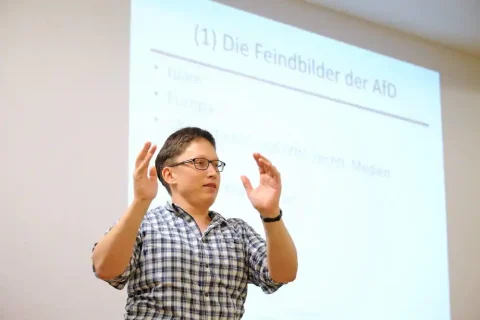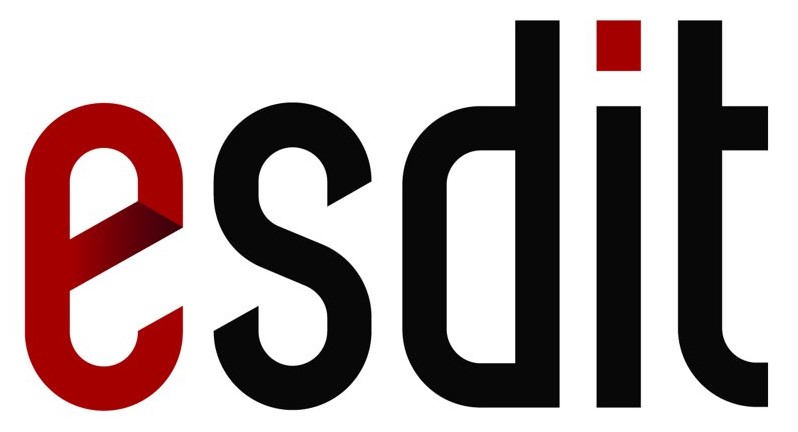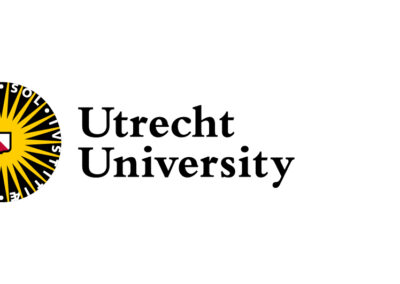Description of This Research Line
The Democracy, Justice, and Solidarity Research Line investigates how 21st century Socially Disruptive Technologies (SDTs) disrupt societal practices and values. The Line examines the effects of 21st century SDTs on practices like democratic elections, individual and societal deliberation, and enactments of solidarity at various levels.
A cross-cutting interest for line members is the issue of power- and domination-driven disruption of such practices, e.g., by large private-sector organizations and individuals.
Members are also engaged in explorations of whether and how new developments brought about by 21st century SDTs undermine the presuppositions of established normative concepts, e.g, whether data-intensive predictive algorithms undermine presuppositions of fairness, or whether carbon dioxide removal interventions affect the scope of intergenerational justice.
Get involved
Related Projects
Social and ethical dimensions of content generation technologies [2023-2027]
PhD candidate: Kaush Kalidindi (k.v.kalidindi@tue.nl)
Daily supervisor: Dr. Patrik Hummel (p.a.hummel@tue.nl) and Dr. Emily Sullivan (e.e.sullivan@uu.nl)
Supervisor: Dr. Philip Nickel (p.j.nickel@tue.nl)
Project Description
Technologies have historically changed how we conceptualized the interlocking concepts of originality and creativity and of authorship and ownership. For example, in the oral tradition it was the person telling the story that mattered, not so much the story itself. With the invention of the printing press, stories became artifacts that are trademarked, owned, and sold. Such concepts were again disrupted by technologies like genetically modified food and practices like music sampling and peer-to-peer network sharing.
Today content generation technologies (CGT) are further upending concepts of originality - creativity and authorship - ownership. AI driven GPT-3 can create text and formulate arguments. Generative Adversarial Networks (GANs), such as DALL-E 2, can produce realistic artworks in the style of particular artists. Next to conceptual disruptions, CGT also raise many ethical issues surrounding ownership of intellectual property, trustworthiness and overreliance, and reproduction of human biases in GPT-3 generated texts.
This PhD project takes a critical look at the way CGTs affect the interrelated concepts of originality and creativity on the one hand, and authorship and ownership on the other, and explore the ethical implications of CGT and AI-supported acts of creativity and authorship.
Towards a Just Implementation of Carbon Dioxide Removal: A Capabilities Approach [2021-2025]
PhD candidate: Elisa Paiusco (e.paiusco@utwente.nl)
Daily supervisor: Dr. Dominic Lenzi (d.s.lenzi@utwente.nl)
Supervisor: Prof. Dr. Philip Brey (p.a.e.brey@utwente.nl)
Project Description
Responding to climate change will very likely require a large-scale effort to remove carbon dioxide from the atmosphere through carbon dioxide removal techniques (CDR). Some of these technologies remain relatively uncontroversial, but many generate difficult tradeoffs or significant ethical concerns. And while many of these concerns have been the subject of rigorous study, questions of intergenerational justice in the context of carbon removal are relatively under-theorized.
By focusing on the capabilities of present and future generations, this project proposes to provide ethical insight into mitigation discussions involving the deployment of CDR in the context of mitigation pathways compatible with sustainable development. This project aims to develop a unique, action-guiding account of intergenerational justice that can be applied to the specific intergenerational issues and assumptions of CDR.
In keeping with the goals of the Ethics of Socially Disruptive Technologies program, this project will also explore the extent to which the specific issues raised by intergenerational justice in climate policy will lead us to revise or create new theoretical understandings of core normative concepts and commitments. To what extent to does adopting an intergenerational perspective require a revision of important distinctions or theories in political philosophy? Similarly, the project will also explore the extent to which our ethical and political concepts may need to be revised in to make them more readily translatable into public policy.
Electoral Technologies and democracy in global perspective [2021-2025]
PhD candidate: Arthur Gwagwa (e.a.gwagwa@uu.nl)
Daily supervisor: Dr. Dorothea Gädeke (d.g.gadeke@uu.nl)
Co-supervisor: Prof. Dr. Joel Anderson
Project Description
Genuine democracy presupposes well-founded trust in the electoral process, regarding electoral procedures and the formation of electoral choice. It requires securing the secrecy as well as the transparency of the vote. Traditionally, the democratic credentials of elections are based on physical arrangements regarding electoral procedures (printed ballots, isolated voting booths) and the formation of electoral choice (via public information and journalism).
However, these arrangements (and their normative legitimation) are being disrupted by the spread of new electoral technologies, especially in new democracies of the Global South. Paper-based election systems have increasingly been supplanted by electronic election systems (e.g. biometric voter identification, ballot scanners, internet voting). And as political campaigns have become increasingly complex, datafied, and sophisticated, new technological coping strategies have emerged in response (e.g. voting advice applications, fake-news detectors, and filtered or bubble-bursting news feeds).
Despite potential gains in efficiency, reliability, and convenience, such technologies raise concerns about the inclusivity, reliability, manipulability, and verifiability of these electoral technologies. In light of these concerns, the project seeks to investigate to what extent new electoral technologies necessitate rethinking normative assumptions about the legitimate basis for confidence in electoral outcomes and trust in democratic institutions, particularly in light of two (potentially) disruptive effects of these technologies. On the one hand, they challenge received normative criteria for democratic credibility by introducing new options and difficulties regarding how to realize (1) secrecy/anonymity, (2) transparency/accountability, and (3) the appropriate balance between (1) and (2). On the other hand, they are being implemented in contexts of power and domination, both domestically and transnationally, that may be transformed or further entrenched as a consequence of their implementation. This, in turn, requires rethinking related concepts social unity, political agency, self-determination, freedom as non-domination, capabilities. Particular emphasis will be placed on the context of power in which such technologies are promoted in the Global South.
Will democracy survive social media? [2020-2024]
PhD candidate: Roxanne van der Puil (r.e.v.d.puil@tue.nl)
Daily supervisor: Prof. Dr. Lambèr Royakkers (l.m.m.royakkers@tue.nl)
Co-supervisors: Dr. Andreas Spahn (a.spahn@tue.nl) and Dr. Uwe Matzat (u.matzat@tue.nl)
Project Description
Social media has become an essential space of public and semi-public discourse, and has the potential for a second wave of digital democracy by increasing access to information and greatly lowering the barrier of participation in public debates. The last few years, however, have also shown risks that are present in social media. Fake news, disinformation, manipulation and disguised propaganda in social media have contributed to a post-truth era in which objective facts are less influential in shaping public opinion than appeals to emotion and personal belief.
In this project we will investigate the complex picture of the influence of social media upon democratic politics, and whether the claim that democratic practices is linked to truth telling, rationality, consensus and reason is still tenable due to social media. We do so by empirically and conceptually investigating the rise of post-truth and critically examining the role of feelings in online discourse.
The objective of this project is to develop a normative and empirical model of democracy theory that takes into account the potential of social media to facilitate more participative democracy while acknowledge its disruptive value of challenging traditional democratic norms and practices.
Related Publications
A Capabilities Approach to Carbon Dioxide Removal Journal Article
In: Ethics, Policy & Environment, pp. 1–21, 2025, ISSN: 2155-0093.
Algorithmic Fairness as an Inconsistent concept Journal Article
In: American Philosophical Quarterly, vol. 62, iss. 1, pp. 53-68, 2025, ISSN: 0003-0481.

Cognitive Warfare Collection
Routledge, 2024.

Meritocratic Democracy; A Comparative Political Theory Book
Oxford University PressOxford, 2024, ISBN: 9780191998270.
Related Events
Deprecated shortcode. Use [vsel list="all"] instead.
Related News & Media
People Involved
Coordinators
Advisors
Core members









































